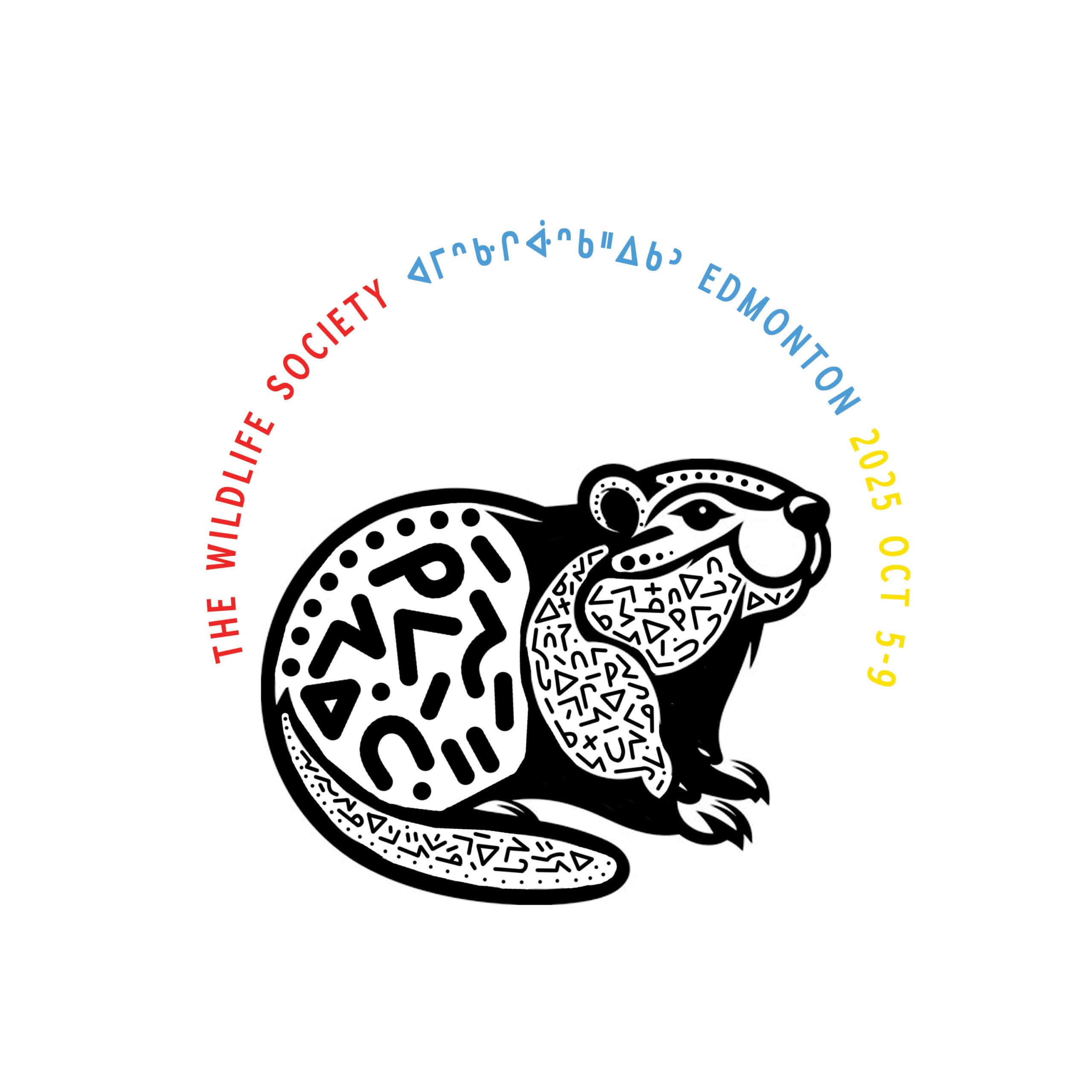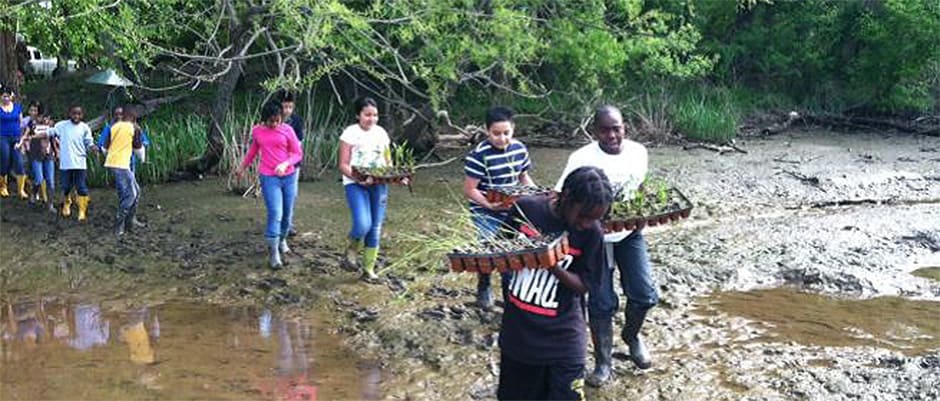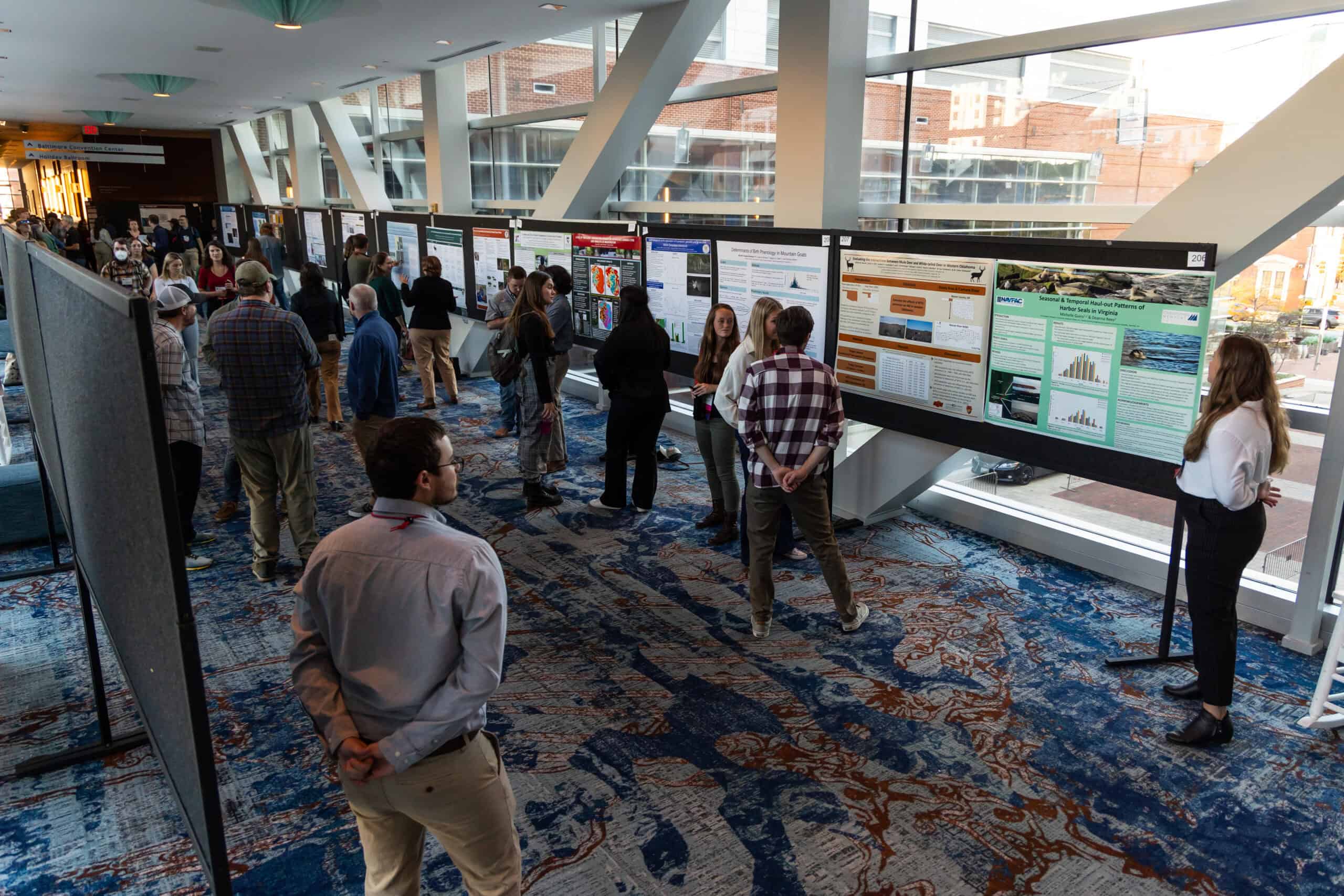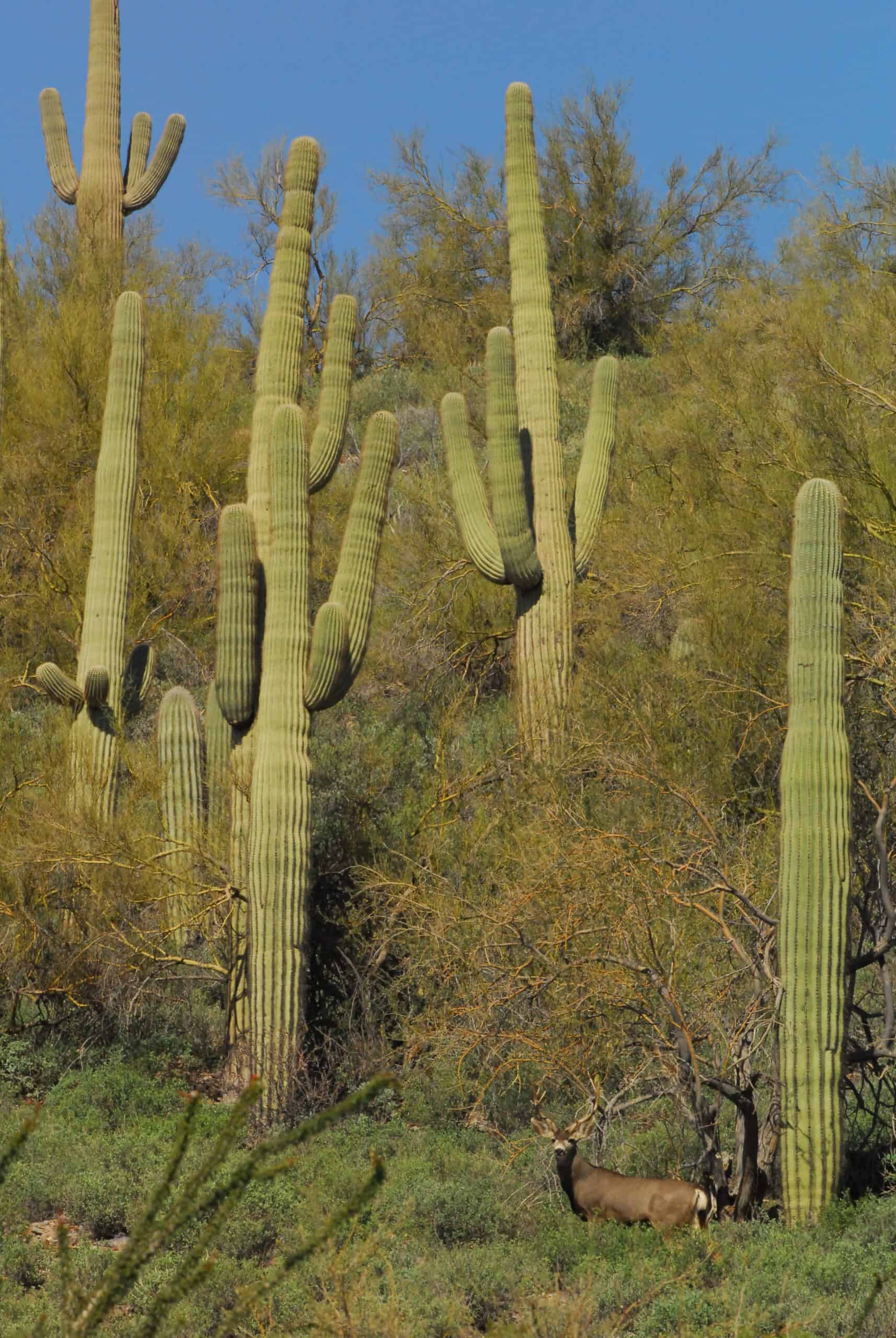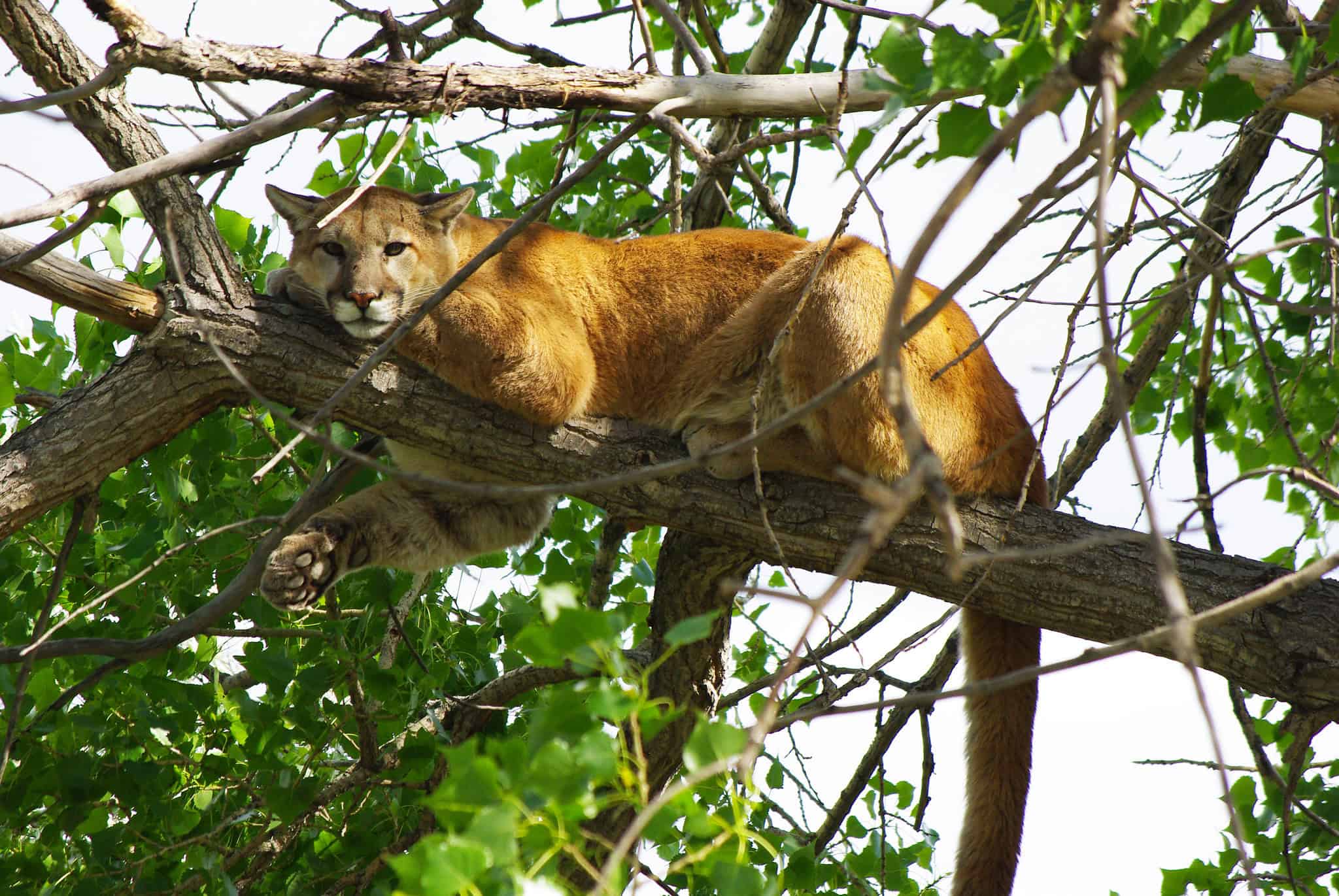Share this article
Urban Bird Treaty Program Expanded
Five new cities will get funding for migratory bird conservation projects as part of a U.S. Fish and Wildlife Service program.
The Urban Conservation Treaty for Migratory Birds program, known simply as the Urban Bird Treaty program, has expanded into Baltimore, Atlanta, Pittsburgh, New Haven, Conn., and McAllen, Texas after these cities were awarded grant money from the National Fish and Wildlife Foundation.
“The Urban Bird Treaty program is a valuable and important program for getting citizens engaged in conservation,” said Alicia King of the USFWS Migratory Bird Program and national coordinator for the Urban Bird Treaty program, “The goals are to really heighten that awareness and make our cities livable not only for birds but ultimately for us.”
Thirteen existing partnerships in Urban Bird Treaty cities also received funding from NFWF. The program brings together federal, state and local governments, citizens and nongovernmental organizations to emphasize education and outreach opportunities.
Each of the new cities has slightly different needs and will focus on different areas of conservation, though all 26 cities in the program share the same goals — protecting and restoring urban and suburban bird habitat, reducing hazards to birds, educating and engaging citizens in bird conservation, and managing invasive species. Volunteers and partners will work together in their respective cities to improve areas of greatest conservation need.
One of the main objectives of the Urban Bird Treaty, which all cities in the program stress, is raising awareness for bird conservation and educating people on their ecological, economic and recreational value. Recipients were chosen based on proposals which were put together by partners in their respective cities and submitted to NFWF. Each proposal was ranked by the relevance of its projects to the goals of the Urban Bird Treaty and its plans for celebrating the centennial of the Migratory Bird Treaty between the U.S. and Great Britain (for Canada), which was first signed in 1916.
“We went through to see which of them identified the goals of the Urban Bird Treaty program and what their projects looked like,” King said. “Were they robust projects; did they engage youth; did they engage citizens?”
Although the program as a whole encompasses all species of migratory birds, many proposals outlined plans to conserve specific species. Washington D.C. for example, as an existing Urban Bird Treaty city, received funding for a project to create chimney habitat for chimney swifts (Chaetura pelagica).
The cities represent just a few of the 64 wetland, stream and coastal watershed projects that have been awarded money across the country. The $2.3 million in total grants plus an additional $4.8 million committed by the grantees has combined for more than $7 million for nation-wide conservation. NFWF is in the contracting phase for most of the projects now, and all recipients should be receiving their money soon to begin their conservation efforts.
Header Image:
As part of the Rice Rangers program, students transport plants they grew in their classroom to the Kenilworth Marsh near Washington D.C. This is one of the many habitat restoration and youth awareness efforts funded through the Urban Birds Treaty Program. Grant money from NFWF will help fund new projects in five cities from Connecticut to Texas.
Image Credit: courtesy of Alicia King/ USFWS


